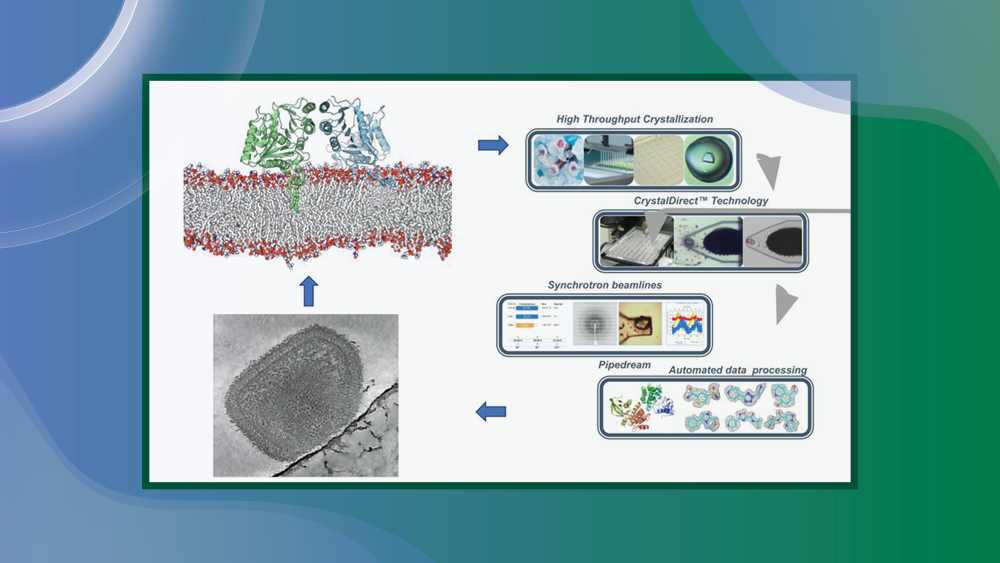Orthopoxviruses cause significant diseases, including smallpox and mpox. Smallpox was eradicated in 1980 through a global vaccination campaign using a related orthopoxvirus named vaccinia virus. This vaccine also protected against other orthopoxviruses, like mpox, but mass vaccination stopped 40 years ago, leaving much of the current population unprotected.
Today, there are concerns that smallpox re-emerge as a bioweapon or the emergence of zoonotic orthopoxviruses, as seen with the mpox outbreaks in 2022 and 2024. Current treatments for poxvirus infections are effective but limited: first-generation vaccines are discontinued and modern vaccines are challenging to produce on a large scale and fail to produce long-term immunity. Tecovirimat, the primary treatment for mpox, is vulnerable to viral resistance as a single mutation in the viral phospholipase F13 may confer resistance to the drug. There is a pressing need for developing broad-spectrum antivirals to treat mpox and other diseases caused by orthopoxviruses.
This project aims to combine the expertise of EMBL and the Institut Pasteur to establish proof of concept for novel therapeutic strategies that could lead to the development of new antivirals targeting different pockets of the F13 protein.
Jose Antonio Marquez (EMBL Grenoble), Pablo Guardado-Calvo (Institut Pasteur)
